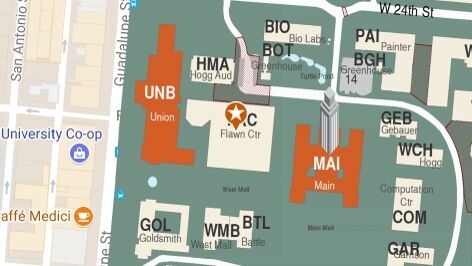Security Studies
Certificate in the College of Liberal Arts

The Certificate in Security Studies recognizes students who focus their studies on international and national security affairs.
Through the certificate, students develop an interdisciplinary expertise and professional experience in security studies, including diplomacy, defense, intelligence, foreign policy, homeland security, international affairs, international development, human rights policy/policy program implementation, war, conflict, peace, and related fields. This transcript-recognized certificate is open to students in the College of Liberal Arts.
How to Apply
ShowLiberal Arts students should discuss adding the Security Studies certificate with their academic advisor to see how it could fit in their overall academic plan.
Students must declare their intent to pursue this certificate by registering on the Clements Center's website. Once the Clements Center receives your details, a member of our staff will reach out to schedule a brief advising session.
Required Courses
ShowRequired courses: Students must CHOOSE ONE from the following courses to qualify for the certificate.
- GOV 360D International Security
- LA 325.3 Intelligence & National Security
- LAH 350.1 Shaping Defense Policy
Elective Courses: Students must take an additional 15 hours from the following list of courses in at least two different departments. Students must take at least 9 hours in residence at UT Austin and all courses must be taken for a letter grade. See our website for an approved list of courses.
Internship: Students must complete an internship in the field of national security that meets the requirements below.
Click here to view the Clements Center’s Internship Database.
Personality
ShowStudents who are curious about international and national security affairs and are eager to develop interdisciplinary expertise and professional experience in security studies, including diplomacy, defense, intelligence, foreign policy, homeland security, international affairs, international development, human rights, war, conflict, peace, and related fields.
